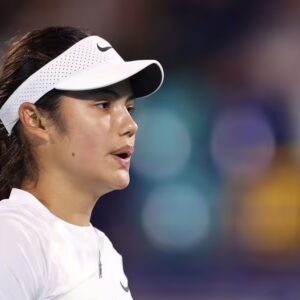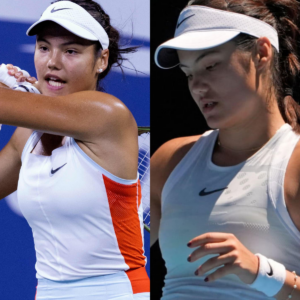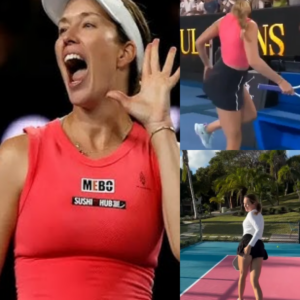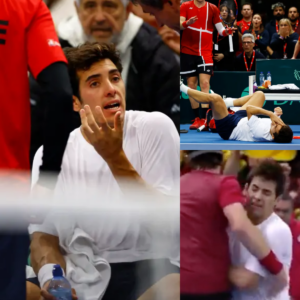The recent debate surrounding Coleman Hughes’ appearance on The View has ignited a fierce discussion on race, class, and political ideologies. Hughes, an author and analyst, advocates for a class-based approach to addressing inequality, challenging the dominant narratives focused on race. His ideas stand in contrast to those who argue that race must remain central to discussions of systemic disparities. This debate, particularly his exchange with The View host Sunny Hostin, has sparked a larger conversation about the effectiveness of race-based versus class-based policies.

Coleman Hughes’ argument is grounded in the belief that socioeconomic status, rather than race, should be the central factor in determining who receives help from social programs. Hughes suggests that focusing on class offers a more accurate representation of who is truly disadvantaged, as it captures all people struggling with poverty, regardless of their racial background. He points out that while Black and Hispanic communities are disproportionately affected by poverty, focusing on class would allow for policies that help all economically disadvantaged individuals, including poor white Americans. Hughes’ stance resonates with those who believe that policies should be about alleviating poverty, not promoting racial identity politics.
In contrast, Sunny Hostin maintains that race must remain a central consideration in discussions of inequality, particularly due to persistent disparities in wealth and income between Black, Hispanic, and white households. Hostin challenges Hughes’ argument, emphasizing that race continues to play a significant role in systemic disparities. For Hostin, overlooking race in policy proposals would be simplistic and would downplay the legacy of slavery and ongoing discrimination.
This disagreement played out on The View, where Hostin critiqued Hughes’ stance, accusing him of being co-opted by right-wing ideologues and undermining racial justice efforts. She even suggested that his views align with a broader conservative agenda aimed at downplaying systemic racism. This type of personal attack, as noted by commentator Anna Kasparian, detracts from the substantive arguments at play. Kasparian, who disagrees with some of Hughes’ views, supports his approach in promoting thoughtful, good-faith discussions that challenge entrenched political ideologies.
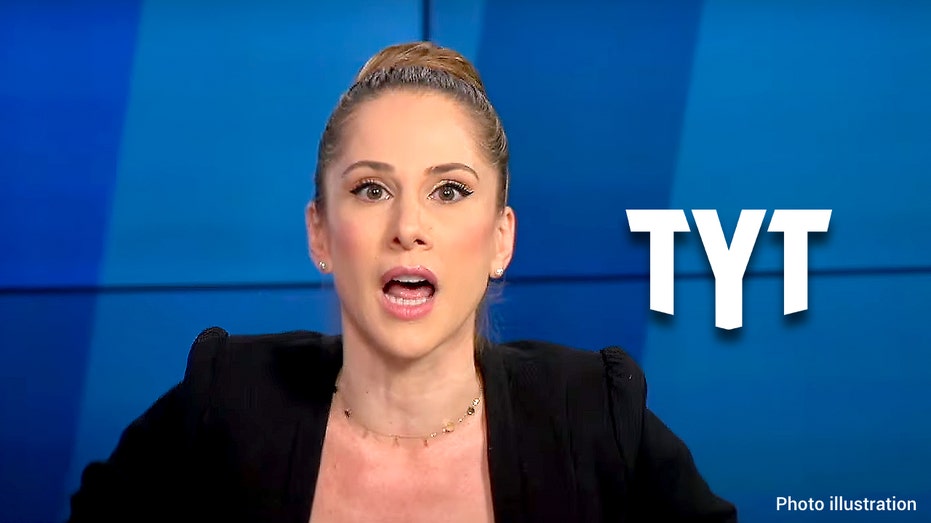
Kasparian takes issue with Hostin’s tendency to dismiss Hughes’ ideas based on ideological labels, rather than engaging with the specifics of his arguments. She suggests that Hostin’s focus on identity politics risks alienating potential allies in the fight against poverty. By prioritizing race-based policies, Hostin and others like her may be missing the broader, more inclusive solutions that a focus on class could bring. Kasparian argues that class-based policies, such as universal basic income and other socioeconomically focused solutions, would not only better target the needs of all disadvantaged communities but also have broader public support, as they are seen as fair and inclusive, rather than divisive.
Hughes himself responds calmly to Hostin’s criticism, maintaining that his argument isn’t about denying the reality of racial disparities, but about advocating for a more effective way to address them. He points out that Martin Luther King Jr. himself called for class-based solutions to inequality, highlighting the need for a “Bill of Rights for the Disadvantaged.” King’s later work emphasized racial justice, but he also argued for policies that would uplift poor people of all races, rather than focusing solely on race as the defining factor of inequality.

The debate between Hughes and Hostin reflects a broader tension within American political discourse. On one hand, there is the view that focusing on race is crucial to addressing historical and ongoing injustice. On the other, there is the perspective that an overemphasis on race-based policies risks dividing people and neglecting the universal issues of poverty and economic inequality. The debate over colorblindness versus race-conscious policies is not just theoretical—it has real-world implications for how we structure social and economic policies in the United States.
Kasparian’s critique is a call for a more open-minded and intellectually honest approach to political discourse. She challenges viewers to consider ideas that might challenge their preconceived beliefs, rather than resorting to ad hominem attacks or ideological rigidity. While she acknowledges that Hughes’ ideas are controversial, she believes they are worth engaging with in a meaningful way, and she even invites him to expand on his views on her show.
Ultimately, the conversation between Coleman Hughes and Sunny Hostin reflects the broader polarization in American politics. While some view race as a fundamental aspect of understanding and addressing inequality, others believe that class-based solutions are the way forward. The challenge, as Kasparian points out, is to move beyond ideological silos and engage in substantive debates that focus on the real issues—poverty, inequality, and how best to address them.
News
Emma Raducanu accepts Qatar Open wildcard as Brit seeks to end losing streak
Emma Raducanu has accepted a late wildcard to play the Qatar Open in Doha. Emma Raducanu has lost all of her last three matches (Image: Getty) Emma Raducanu has accepted a late wildcard to play next week’s Qatar Masters as she bids…
Emma Raducanu’s schedule unclear after losing three matches in a row
Emma Raducanu’s schedule is up in the air following her Abu Dhabi Open exit. Emma Raducanu’s schedule is uncertain following her Abi Dhabu defeat (Image: Getty) Emma Raducanu’s upcoming WTA Tour schedule remains up in the air. The Brit has lost her last…
Daniil Medvedev involved in very tense moment with rival after body hit
Daniil Medvedev was involved in an uneasy flashpoint at the Rotterdam Open. Daniil Medvedev flashed a stern look at Mattia Bellucci at the end of the point (Image: TENNIS TV) Daniil Medvedev flashed a steely look at Mattia Bellucci after the Italian…
Tennis star Danielle Collins shades critics with latest ‘kiss my a–‘ video in Bahamas
Danielle Collins has made good on her promise to rub Australia’s face in it. The former Australian Open finalist was booed off court after her third round defeat to eventual champion Madison Keys after the Melbourne crowd turned on her. The hot-headed…
Tennis fans stunned after Zizou Bergs tackled Cristian Garin during Davis Cup — and still won: ‘Shocking decision’
The Davis Cup tie between Belgium and Chile descended into chaos after a Belgian player won his match despite shoulder-charging his opponent, who pleaded for the match to be stopped. Belgium edged Chile 3-1 in the first round of Davis…
Carlos Alcaraz concedes to Jannik Sinner as Spaniard makes ‘crazy’ admission
Carlos Alcaraz has made where he stands on Jannik Sinner clear. Carlos Alcaraz has hailed Jannik Sinner. (Image: TENNIS TV) Carlos Alcaraz has conceded that Jannik Sinner is currently on another level than him and every other player on the ATP…
End of content
No more pages to load
